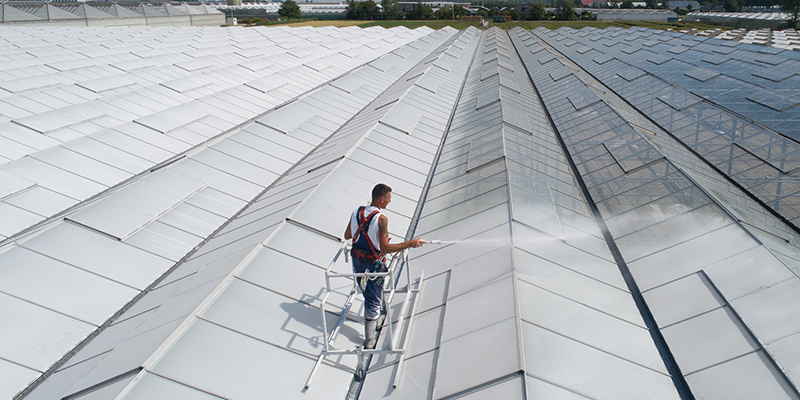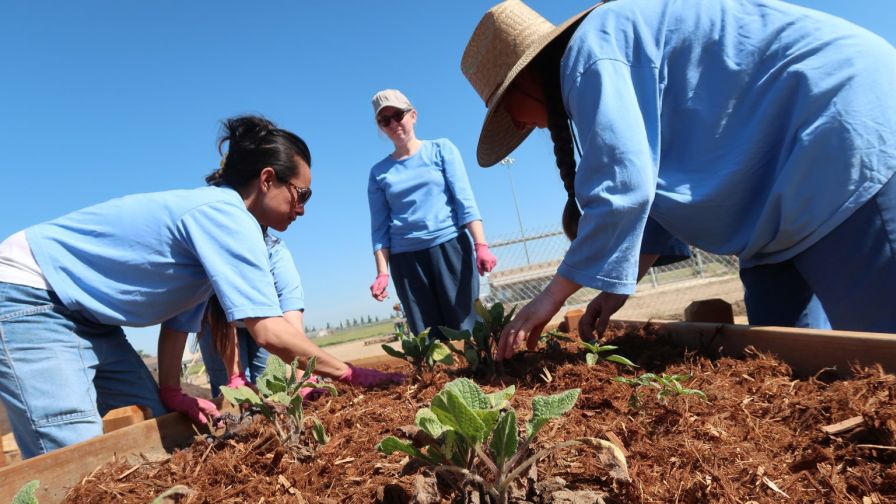A Great Example of Extension’s Impact on the Greenhouse Industry
 Greenhouses in Connecticut represent more than one third of the state’s $4.7 billion agricultural economy and are integral to the success of all agricultural businesses. The total economic impact of the 583 greenhouse businesses in the state, according to a study by Farm Credit East in 2021, was $390 million in 2020.
Greenhouses in Connecticut represent more than one third of the state’s $4.7 billion agricultural economy and are integral to the success of all agricultural businesses. The total economic impact of the 583 greenhouse businesses in the state, according to a study by Farm Credit East in 2021, was $390 million in 2020.
“Greenhouses are critical to the infrastructure that supports all of our state’s farms,” says Interim University of Connecticut (UConn) President Radenka Maric, in a recent post on UConn Today. “The innovation and technology developed in greenhouses also allows growers to be industry leaders in the state and throughout the country. UConn is committed to helping bolster this industry and our farmers through controlled environment agriculture.”
Researchers and educators from UConn Extension within the College of Agriculture, Health and Natural Resources (CAHNR) support greenhouse businesses in greenhouse production, water conservation, integrated pest management, and innovative technology.
“Our work with the greenhouse industry ensures a vibrant and sustainable agriculture industry,” says Dean Indrajeet Chaubey from CAHNR . “Greenhouses advance innovative, sustainable approaches to agriculture that align with local resources and markets, while helping expand production and contributing to the state economy.”
New England has a short growing season that limits food crops and ornamental horticulture production. Greenhouse production allows agriculture to continue year-round and in Connecticut includes significant ornamental horticulture operations like flowers and plants that improve homes and landscapes.
“Whenever the flowers grown in the state are sold, there are benefits for the families working in the greenhouses, for the greenhouse owners, and all those involved in selling the crops,” says Rosa Raudales, Director of Outreach and Engagement at UConn, associate professor in CAHNR, and a Greenhouse Extension specialist. “They are moving money around the state and it supports the livelihood of many people.”
The greenhouse industry has led the advancement of innovations on water conservation, nutrient, and energy management; automation; environmental control; infrastructure materials; and pesticide-free production. All these agricultural innovations developed for the greenhouse industry provide an access point to technology for other agricultural sectors. It will also allow food production to expand to controlled environment agriculture systems. These innovations all improve business outcomes, and therefore benefit consumers, says Raudales.
Continue reading at UConn Today.










